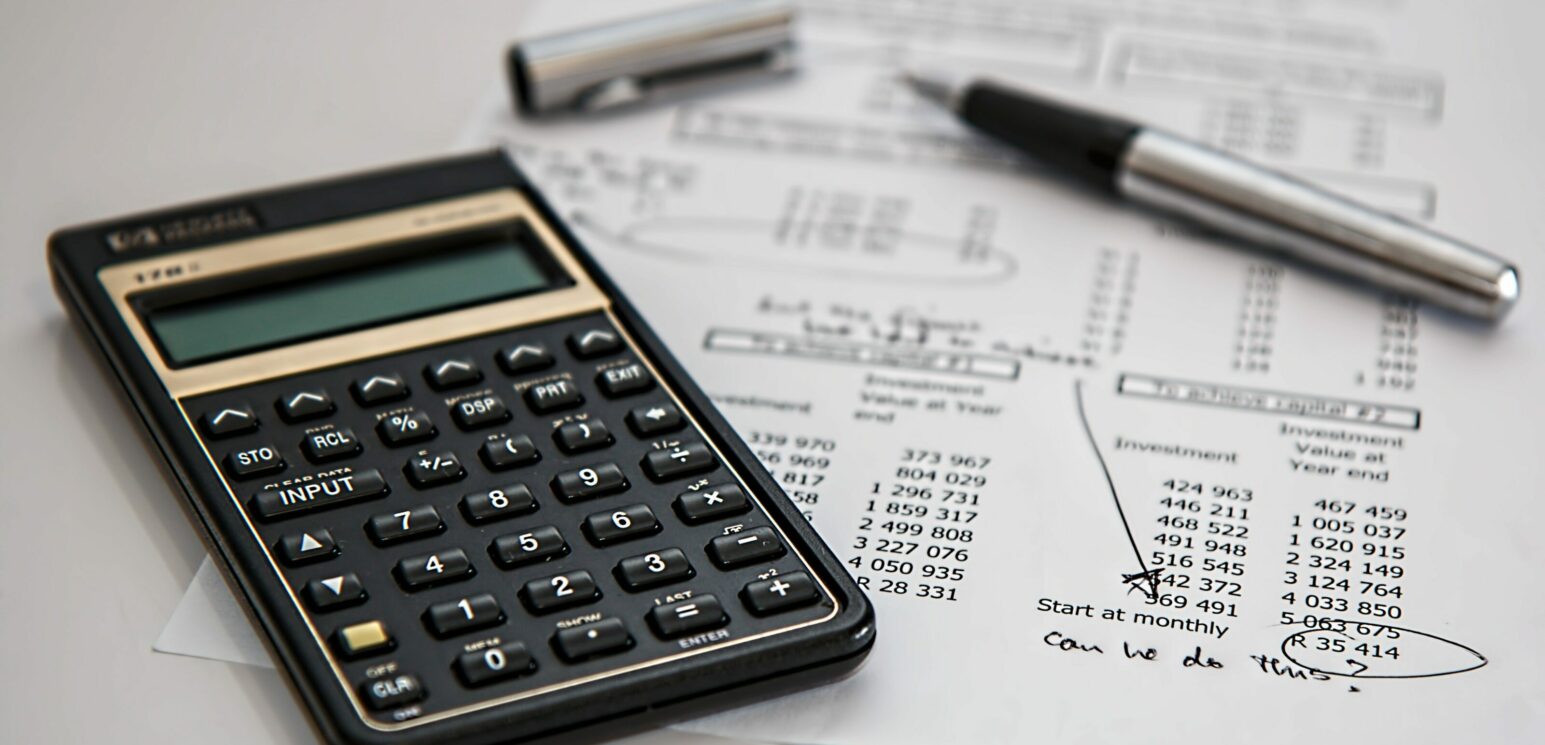When I tell people that I teach economics, I frequently get reactions like “Ugh, economics… hated it” or “So, which stocks should I buy?”. While I have unfortunately not figured out how to predict the stock market, I want to provide you with a couple of examples how you can (and probably already are) applying economics in your daily life.
1. Everything has a cost
When economists talk about costs, they don’t always necessarily mean monetary costs – sometimes they mean something called “opportunity cost”. Opportunity cost captures the idea that whenever you make a choice, the opportunity cost is the value of the best foregone alternative. For example, if a High School senior gets accepted to Harvard, Yale and Princeton and chooses to enroll at Harvard, then the opportunity cost is the value of whatever her second choice was to her. Or, if you stay home to study for finals while your friends are going out, then your opportunity cost is not being able to go out with your friends.

So how does opportunity cost affect our choices? In the case of our High School senior, by choosing to go to Harvard we can infer that the opportunity cost of not going to Harvard was greater than the opportunity cost of not going to Yale or not going to Princeton. In other words, we should choose the option with the highest opportunity cost, the option that would be most costly to us if we gave it up. So the next time when you are trying to make a decision and can’t decide, just ask yourself “Which option would I regret most giving up?”
2. Play to your strengths!
I’m sure you have gotten the advice “to play to your strengths” before. But what does that have to do with economics? Well, playing to your strengths means you are using the economic concept of “comparative advantage”. For example, suppose you and your roommate or significant other have limited time to get the house cleaned up before people come over. It takes you 10 min to vacuum and 10 min to do the dishes, while it takes your roommate or significant other 15 min to vacuum and 20 min to do the dishes. Notice that you are faster at both tasks – that’s what we call absolute advantage. But, given your time constraint with people coming over, you need the help of the other person to get everything done. So who should do which task? Notice that it takes your roommate (or significant other) twice as long as you to do the dishes, but only 1.5 times as long to vacuum. Or, we could say you are twice as fast as they are at doing dishes, but only 1.5 times as fast at vacuuming. Therefore, you have comparative advantage for doing dishes and that’s the task you should do and leave the vacuuming to the other person.
So the next time someone advises you to “play to your strengths”, you are in fact trying to figure out where your comparative advantage lies — and applying economics in your daily life.
3. Don’t cry over spilled milk
The saying “Don’t cry over spilled milk” embodies the idea of the sunk cost fallacy in economics. For example, suppose you go to the movie theater and 20 minutes into the movie, you realize that it is awful. Most of us however would sit through the movie we don’t care to see, because we have already paid for the ticket, our drink and our popcorn, so we might as well stay and watch it. An economist however would say, that the money you spent on the ticket and concessions are “sunk costs” and should not affect your decision whether to stay for a bad movie. The money is gone and now the only relevant question is whether you are better or worse off by watching the movie.
Another example is someone who signs up for a gym membership at the beginning of the year, and then reluctantly goes a few time even they don’t enjoy it one bit simply to “get their money’s worth”. The money for the membership is a sunk cost at this point and the only relevant decision is whether they are better or worse off by going to the gym.
So, when making decisions, don’t let sunk costs guide your choices, but keep in mind that decisions are made “on the margin”. If the benefit of staying and watching the movie exceeds the cost of doing so, stay. If the emotional cost of watching a bad movie outweighs the benefits, leave! That’s using economics for your daily life.
4. Everything in moderation
When economists try to describe people’s preferences, they assume that marginal utility of a good is decreasing. In other words, if we have very little of something, getting more of it makes us very happy. If we have already a lot of it, we care a lot less. For example, $20 seem like a fortune to a child, but like a drop in the bucket to a billionaire.
This also explains why people generally prefer mixtures of goods. Even if you like something (or like it a lot!), say for example pizza, you would eventually get sick and tired of eating only pizza and would prefer to mix it up with some other food. So, in the end, our mothers and grandmothers were right when they told us as kids “everything in moderation”!

If you want to learn more about economics and how it relates to decision making for your daily life, become a Buff and take courses in microeconomics!
Anne-Christine Barthel
Assistant Professor of Economics and Decision Management


